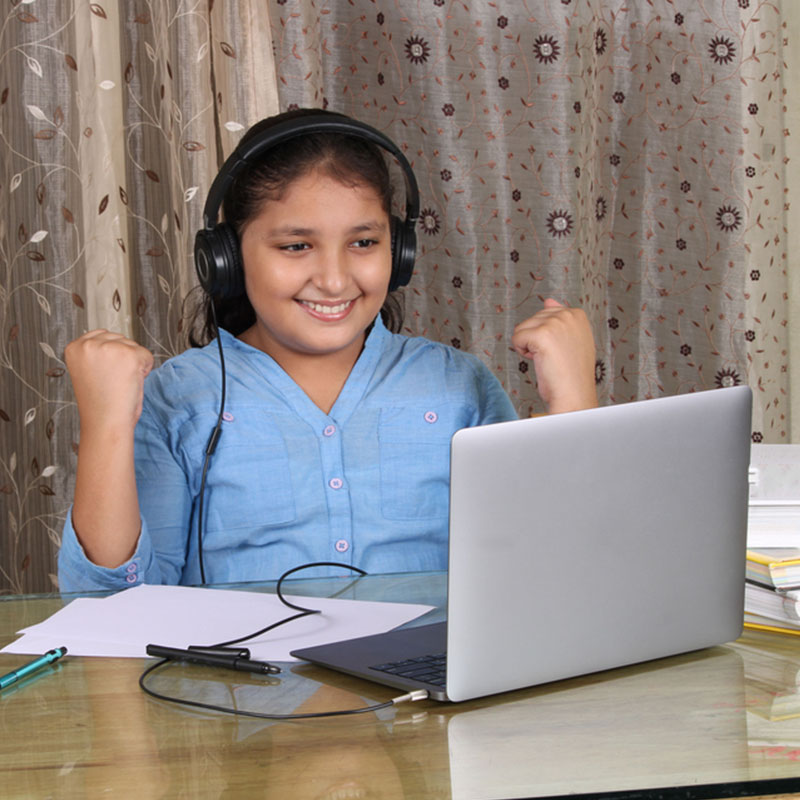Personalized Learning in Schools
Personalized Learning is a teaching model that aims to customize learning for each student’s strengths, needs, skills, and interests. Each student gets a learning plan based on how they learn, what they know, and what their skills and interests are.
In Personalized Learning, educators support students in ways that best meet their needs by setting up different pathways for students to experience learning. While ensuring the learning plans match up with academic standards, educators also check to see if students are demonstrating the skills they’re expected to learn as they progress through their education.
Here’s how Personalized Learning can be delivered in Schools
Learner Profiles
Schools can keep an up-to-date record that provides a deep understanding of each student’s individual needs, motivations, strengths, progress, and goals. These updated learner profiles allow students to keep track of their own progress; teachers can make decisions whether to change a learning method or make changes to goals to improve student learning outcome.
Personalized Learning Paths
A personalized learning path for each student based on their motivations, goals, and progress allows a student to work on different skills at different paces.
For instance, schools can create each student’s schedule based on weekly updates about their academic progress and interests. The unique schedule of each student can include several learning methods like independent work on specific skills, project-based learning with a small group of peers, and maybe one-on-one tutoring with a teacher.
Teachers can monitor each student’s progress and provide extra support when needed to help them achieve their learning goals.
Competency-Based Progression
Competency-based progression allows schools to continually assess students and monitor their progress towards specific goals. Students are clear regarding the competencies/skills they need to master; it can include critical thinking, communication skills, creativity, problem solving, perseverance, collaboration etc.
Students can be assigned real-world projects to demonstrate their mastery. When they master one competency/skill, they can move on to the next. It encourages continuous learning and provides students with many opportunities to show their knowledge and skills.
Professional development programs can train teachers to analyse student data, track competencies and effectively deliver personalised learning that will empower students to be equal partners in their learning experience.
ICT 360 provides NEP aligned, STEM accredited ICT curriculum with ready-to-use content, design and computational thinking approach to projects as well as interdisciplinary learning material on an online platform that caters to today’s relevant technologies and future skills requirements. It is designed to help teachers improve their instructional practices with 21st century teaching skills through train-the-teacher program, build a strong foundation to empower students with the ability and skills to design & create amazing things on their own in a fun & engaging environment, excel in academics and prepare them to be industry- and career-ready.
With 50+ partner schools across India, it aims to empower students with creativity, problem-solving, design and advanced tech skills from an early age. These skills are essential for future job roles like AI & ML Specialist, Game Designer, Graphic Designer, Software & Applications Developer, Animator, Robotics Engineer, Data Analyst, and IOT Specialist.

